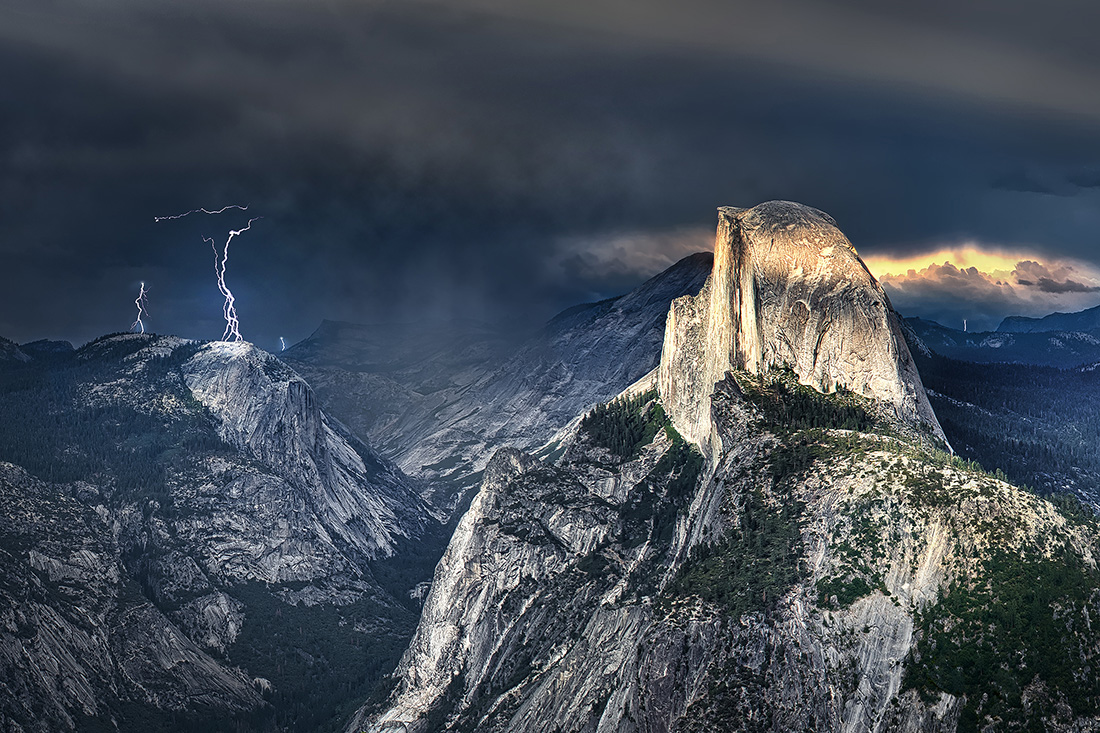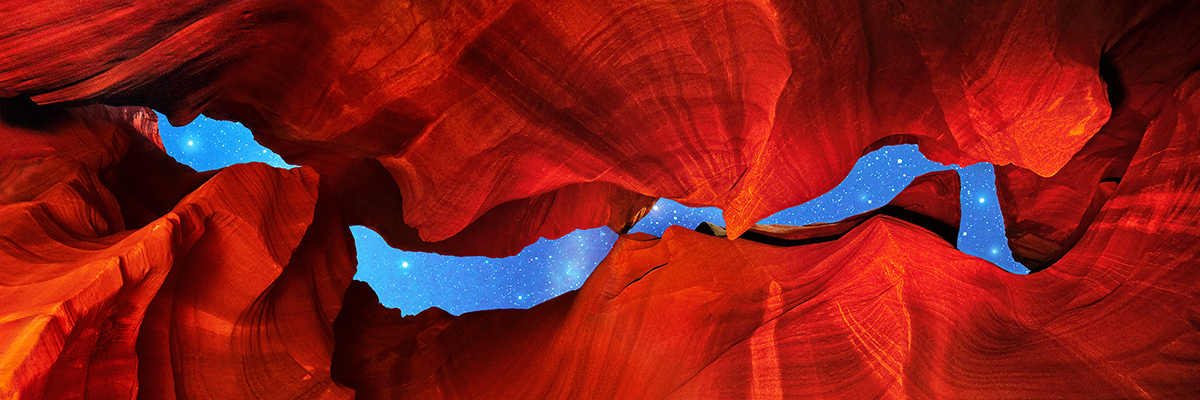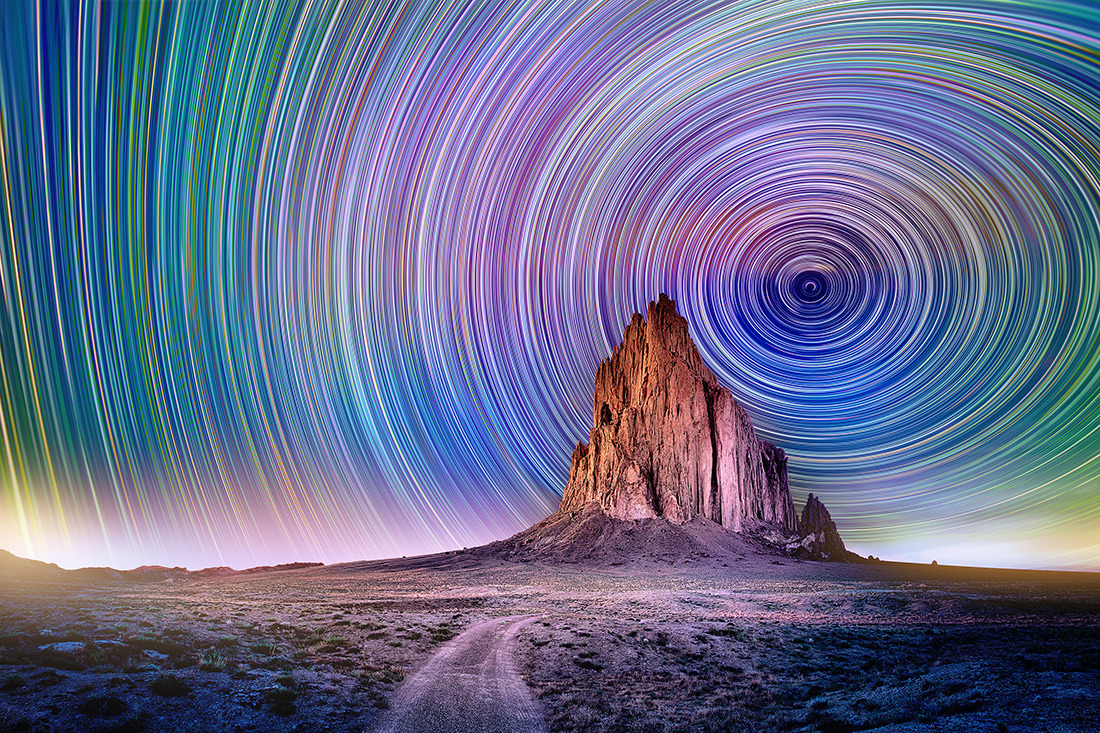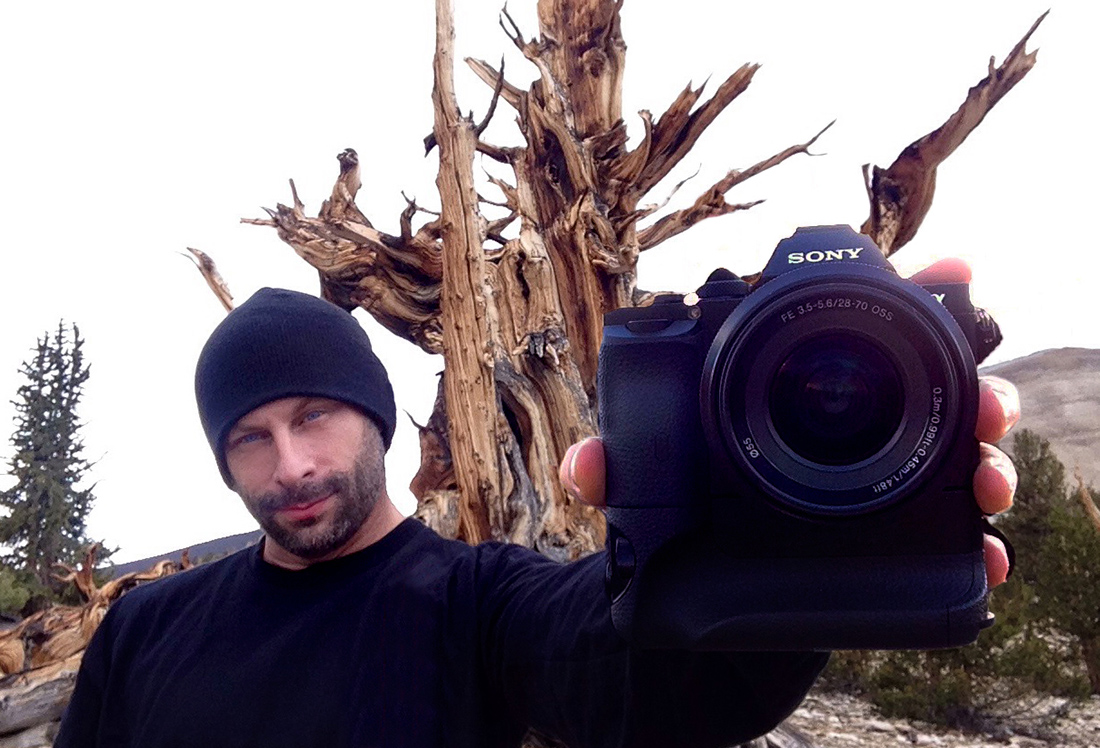
|
|
|||||
|
Featured Photographer, August 2020: Craig Bill
We are happy to have Craig Bill as our featured guest photographer this month. We appreciate that he gave us some of his time and generously shared his beautiful photography with us! Please visit his links to see more of his work, and to let him know you enjoyed this interview. :: How did you get your start in photography? Why nature photography of all the various genres of photography? In specific, the introduction of a little "110" camera from my mother, was critical. She gave me this super used, old film camera and taught me how to load it with film. From there it was all experimentation. Later on, I was able to try one of the first digital cameras: the Casio QV10 that produced very crazy low resolution images - but was a total marvel to me. I completely wore that camera out. Over the course of my life, I've used photographs to construct a visual diary from that early age. I've always felt at home artistically among nature. Having influential family and friends during my youth vastly encouraged my passion for natural world exploration and soul-searching and beauty... one that has continued to elevate my sense of conservation and love for photography overall. :: Why did you decide to go the route of fine-art photographer? How do you think that fine art landscape photographers are viewed in today's photography world? In general, I love to be moved by a photograph. And listening and working with other photographers growing up, I naturally imbued a higher purpose in artistic imagery. To me, I always felt that art is or can be or should be profound, even magical. And fine art photography does just that. It just seemed to me that a high end artwork is the "ultimate creative destination" for a photographic vision. Now I have noticed that fine art landscape photographers are another animal altogether when lined up with other industry photographers. Even though photographers tend to be idealists, fine art landscape photographers still have to surrender some control when dealing with nature in general such as distance, current events, family, weather and failure. It certainly does not have the same control as studio shot content for example - especially when it comes to failure and experimental turn-around and workflow efficiency. But overall - fine art landscape photographers are working in an increasingly environmentally sensitive time that can make they're work more relevant in most societies - whether is beautiful or disturbing. :: One of the things I've noticed is a great deal of the fine art photographers in today's markets all have very similar portfolios from the pano format, VERY similar compositions, processing, marketing, types of websites, types of image titles. How do you keep what you do different? What things do you think all fine art landscape photographers have to do similarly? While that may be true, it could be because of the similar things that they do... Photography has become a sport in a way. They see amazing images and know they can gain the equipment that created those shots and so an entire market has surfaced catering to many interested people. From programs, equipment, locations and filter/look styles and processing. I do think that we all, on some level or part, need to take the courses, processing flow charts, actions and equipment selections... but having these things or understanding specific processes does not confer artistic individualism, in fact, it is partially responsible for THE similar aspects and photographic outcomes. Yes, imitation can be a learning experience, but breaking out into a very personal style or artistic adventure is not nearly so easy. That's why I push students to be artists, not just photographers. For me, I avoid most stylized tutorials and loath stylized filter packages from other photographers. And pano formats are almost always "vista" like. I try to get up more close to subjects sometimes, which I do not see as much in panoramic captures. from the start, I continued early on to develop almost independently - which reinforced and allowed my style to evolve more authentically, I feel - although by reinventing the wheel a few times. But I went on to achieve a record amount of awards and publications due to this, including a #1 panoramic image in the world in 2012, the Nature Discovery of the Year Award at the international Lucie Awards, a World Landscape Photographer of the Year among other titles and recently a Master of Photography in Fine Art. :: How do you deal with that question people ask in galleries all the time, "Do you use photoshop?" This is such a relevant question in this age of digital progression. There is such a stigma about the use of processing software, sometimes loosely called "photoshopping". Although I do not use computer software that is an all-in-one processor such as load-in-the-photograph-and-it-spits-out-a-variety-of-results to choose from. I use a selection of programs that give me the same and more control over my photographs that old darkrooming did. Now it is called lightrooming - same controls such as cropping, contrasting, color balancing, dodging and burning, and leveling but all the way down to the pixel! And I shoot RAW which means the information or data the camera captures must be processed. You can not print and display these types of RAW files. And I am old enough to have used and be part of the film workflow. As I stated on my website: Now for the critics: every photograph must be processed. Yes, yes I know, there are a few master photographers out there that say that they do not use computer software - that it magically pops out of the camera ready to hang. To be fair, the only camera that actually happened with was the Polaroid cameras, but processing still occurred in-camera and developed in-hand. Many contemporary film photographers now drum scan their film images so that they can be computer processed. Even Ansel Adams did a fair amount of "old school photoshopping". I always love to tell how Ansel's photograph, "Moonrise, Hernandez", 1941 was so altered until it became the famous image that it is today. You see, Ansel loved the composition, but did not care for the certain clouds within the sky around the moon. By "dodging and burning" the image during many developments using his hands, he was able to darken the sky to a final approval. It's really interesting to see what the untouched negative looked like before all the dodging and burning he did. What's always amazing to me is that Ansel's prints were all done before the days of software and computers, and every area of that image was altered by actual hand and with extreme attention. Photographic technology does not erode authenticity - in fact it makes for new possibilities where old tech had limitations. :: How has the recent COVID-19 pandemic affected your ability to work and create new images? Well, as a landscape photographer, my ability to travel and explore is minimized. Sales on most fronts are slightly up, although I do not know why or if that will remain. And a project that was scheduled for space (teaser) is postponed indefinitely. :: What do you enjoy doing in your time outside of photography? Life Science is my operating system. Always has been. Just about anything I do has a bio-science aspect. My first degree is Biology and I originally built a business around aquatic science and aquariums - designing and maintenance in homes and businesses. And personal fitness studio/training. Actually, I adore photography, so would rather do that. :: What do you think is the future of photography with everyone having such easy access to equipment and technology? Photography is not for everyone, even though everyone now is a photographer. Sometimes I am so surprised and grateful at how successful I've been considering "everyone being a photographer". But... the world's consumption of imagery on all levels is astronomical now. The market is huge from fine art, corporate imagery needs, advertising, etc.. Still, there's a lot of competition out there, but I believe the higher the creative competition due to this phenomenon, the higher the emergent quality in markets, exposure and recognition and who knows what next! :: In my online research it doesn't seem you have a huge interest in some of the heavy social media work that other photographers tend to do? What other ways do you promote your work other than online? What are your feelings about social media in general? Other than Facebook, Instagram, Twitter and a variety of trade sites, I do occasional newsletters, competitions, judging, charity and collaborations. But I'm always on the look out for other creative angles. Offline, I take part in physical products such as books & calendars, physical galleries, speaking and some educational mentoring. In general, I like to use social media to reach out and get a feeling for different content or engaging in a diary type of approach when traveling. But sales are not dependent on, at least for me so far. Social media is more of a brand supporting mechanism. :: What is your favorite piece of non-photographic gear and why? My Chevrolet Avalanche 4x4. It has been the best travel vehicle I've ever had because of the way you can change the configuration, I can sleep in a "queen" size space while staying locked up. Also, I have always had 4x4 vehicles, and many of the locations I go require that kind of performance - all while adequately hosting all my electrical requirements and technology. But they do not make the Avalanche any more. :: What was the scariest thing that has happened to you while photographing? I got lost hiking in the middle of the night in Bisti Wilderness Area in New Mexico. Well, lost as in I dead phone and would have slept without lodging gear like tents and sleeping bags etc. until dawn to get back on the markers. And it was cold cold. But I was able to find my way with chance on my side. Photographing was going so good and so fun, I stayed out way past time to make it back in twilight. :: What is one thing you do when you feel in a creative rut? Watch weather and travel ASAP. Also, really diving into other photographers work and stories helps alot. :: I know you're in a gallery in Vegas, how is that going? and how has the recent shutdowns affected these spaces? My exhibit was being setup just as the shut downs were happening. But, even before they reopened, I, or should I say the gallery, sold a piece just by social media. But since, it's been slow and not much open time has occurred yet to tell, unfortunately. but I do not expect shockingly high sales in Las Vegas during this pandemic. :: What has been the toughest part about being a photographer? Failure and the time between, say camera exposure to it's sale - is enough to drive away most people. But build up enough content and it is not so bad in the future. :: What was the best piece of advice you have received in regards to photography, and what is one thing you know now, that you would pass on to a new photographer? Get to failing as soon as possible! Develop a tolerance for failure and know what great things come from ignoring the frustrations of failure. I began to get more technical with photographic science while I was doing fitness modeling in my 20s'. I got to see and share many photographers workflow and business as it pertained to a photographic enterprise. Being an entrepreneur myself, I was especially interested in seeing the actual raw guts and gears of various photographer's work - from camera to finished product. That's also when I became familiar and comfortable with the amount of failure there is behind the scenes to be able to finally experience a successful outcome, like a profoundly shared social media image or world class photographic artworks. Yes, a picture is really worth a thousand words - way before it is ever served to a larger audience. And I took those opportunities and applied them to my own photography over time. |
Develop a tolerance for failure and know what great things come from ignoring the frustrations of failure...
Photographer Spotlight Interviews
|
|
 |
Other Cool Stuff→ Past Workshop Photos → 72dpi.com → How-To Articles → Photographer of the Month |
 |
Contact Us→ Contact Us → About Us → Site Map |
© 2009-2024 Aperture Academy, Inc.












